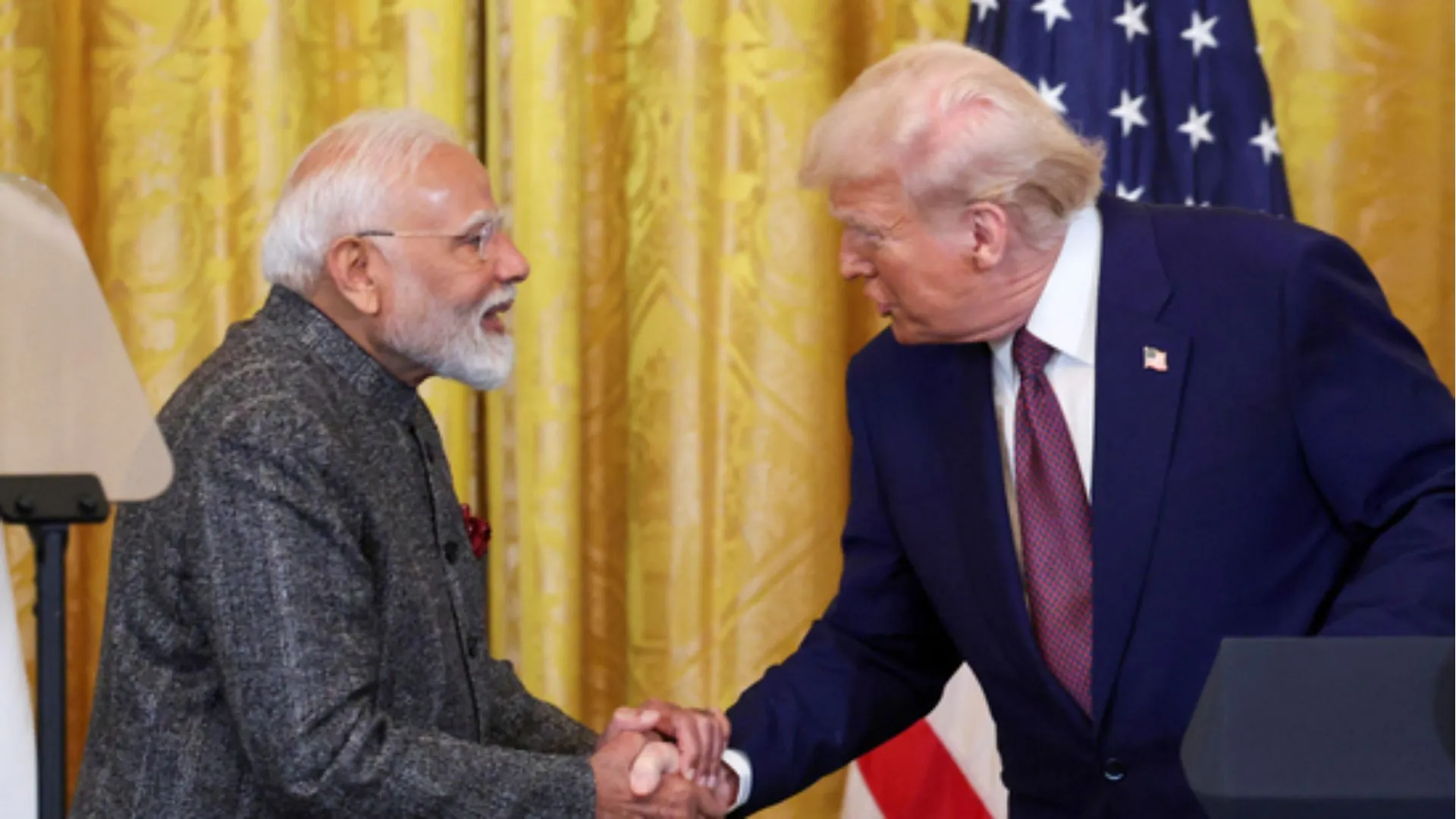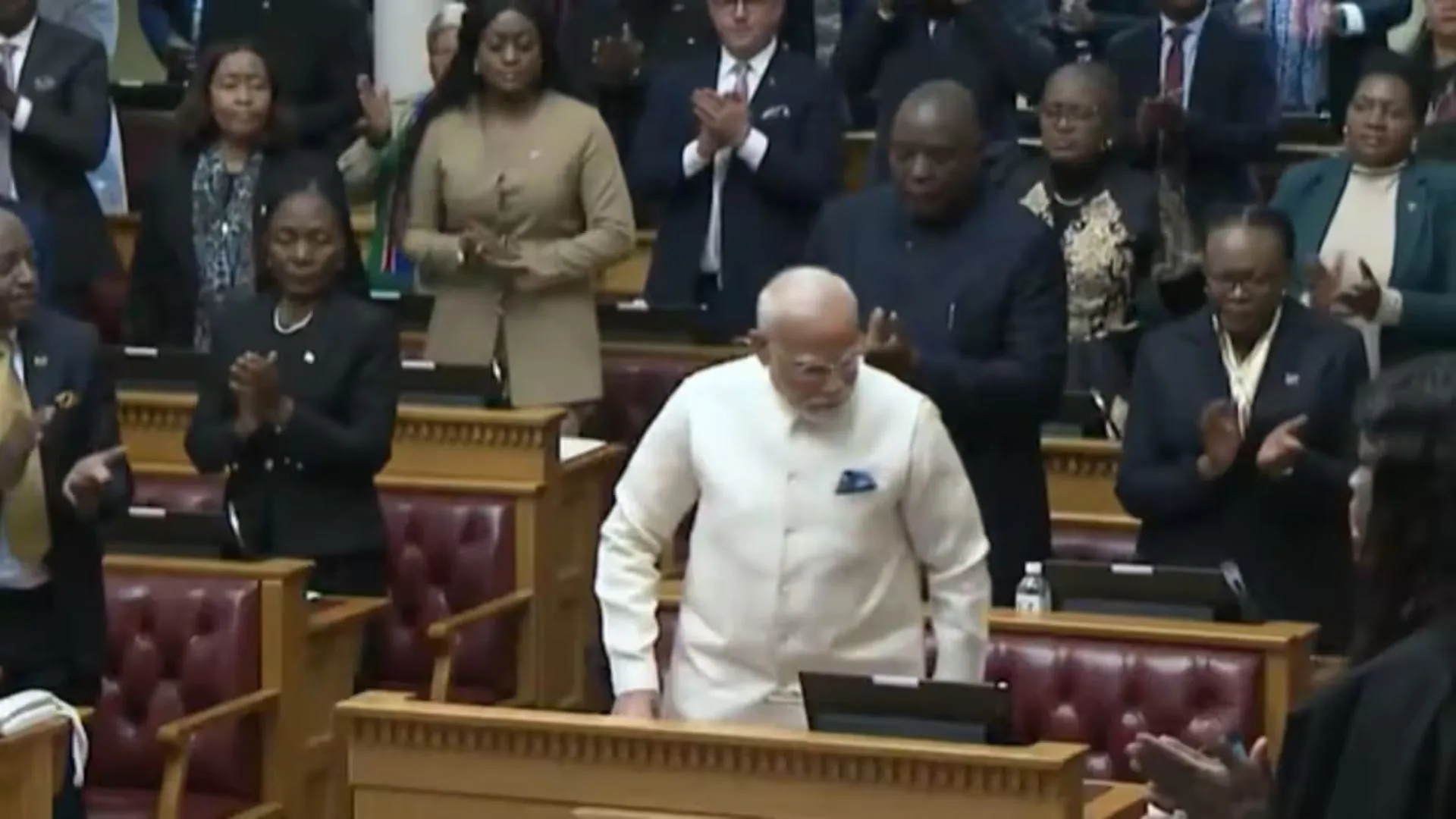US President Donald Trump has imposed some of the highest tariffs on India, but the gesture is not emotive. Rather, it is an expression of a wider strategic rebalancing. During Trump’s second term, nations such as India, South Korea, Japan, and even Israel are facing high tariffs. Meanwhile, long-time competitors like Russia are off the hook. Trump’s 26% tariffs on India are not a symptom of frayed relations but a symptom of a geopolitical realignment in the way America interacts with the world. Experts say these actions are driven by both foreign policy and domestic politics, as Washington rewrites its role in the world in a post-Cold War era.
India Hit Hard, But Remains Central to US Strategy
Despite the hard tariffs, India is at the heart of US foreign policy. As international affairs scholar Max Abrahms put it, India is “paramount” in countering the rise of China. Trump’s White House regards India not merely as an ally, but as a key actor in the Indo-Pacific. The Quad alliance and increasing military ties demonstrate that strategic collaboration remains robust.
Actually, even Israel, America’s close friend, is being targeted—tariffs of 17%. Obviously, tariff levels don’t indicate affection or hatred. Rather, they indicate a change in the way America defends its interests. India’s democratic ideology, surging economy, and youth population render it too significant to estrange, even as tensions rise.
A Global Strategy Supported by Domestic Politics
Trump tariffs strategy is a break from the past American playbook. The unipolar moment is passing. Today, America is leaning towards a multipolar world, and protectionism is a means to push back. Internationally, the MAGA base pressures protectionism and resists globalization. That pressure informs trade choices, even if it strains relationships with allies.
Still, India is responding. It’s reportedly considering cutting tariffs on $23 billion in U.S. goods. This shows Delhi’s willingness to manage tensions while safeguarding its own interests.
Ultimately, Trump’s tariffs are not personal. They’re part of a larger strategy. But they leave allies like India walking a tightrope—balancing diplomacy, economics, and long-term security in a world that’s shifting fast.





















